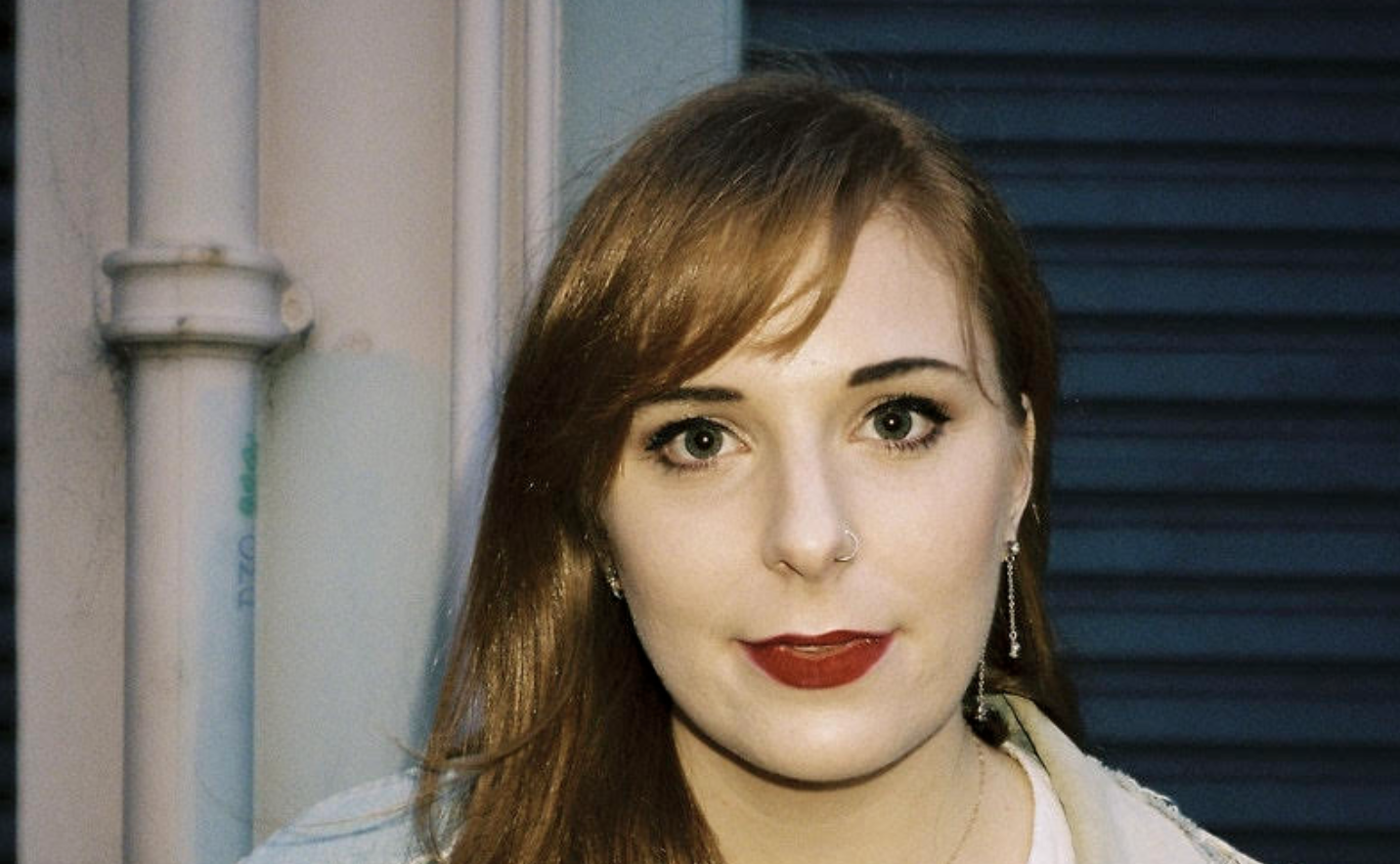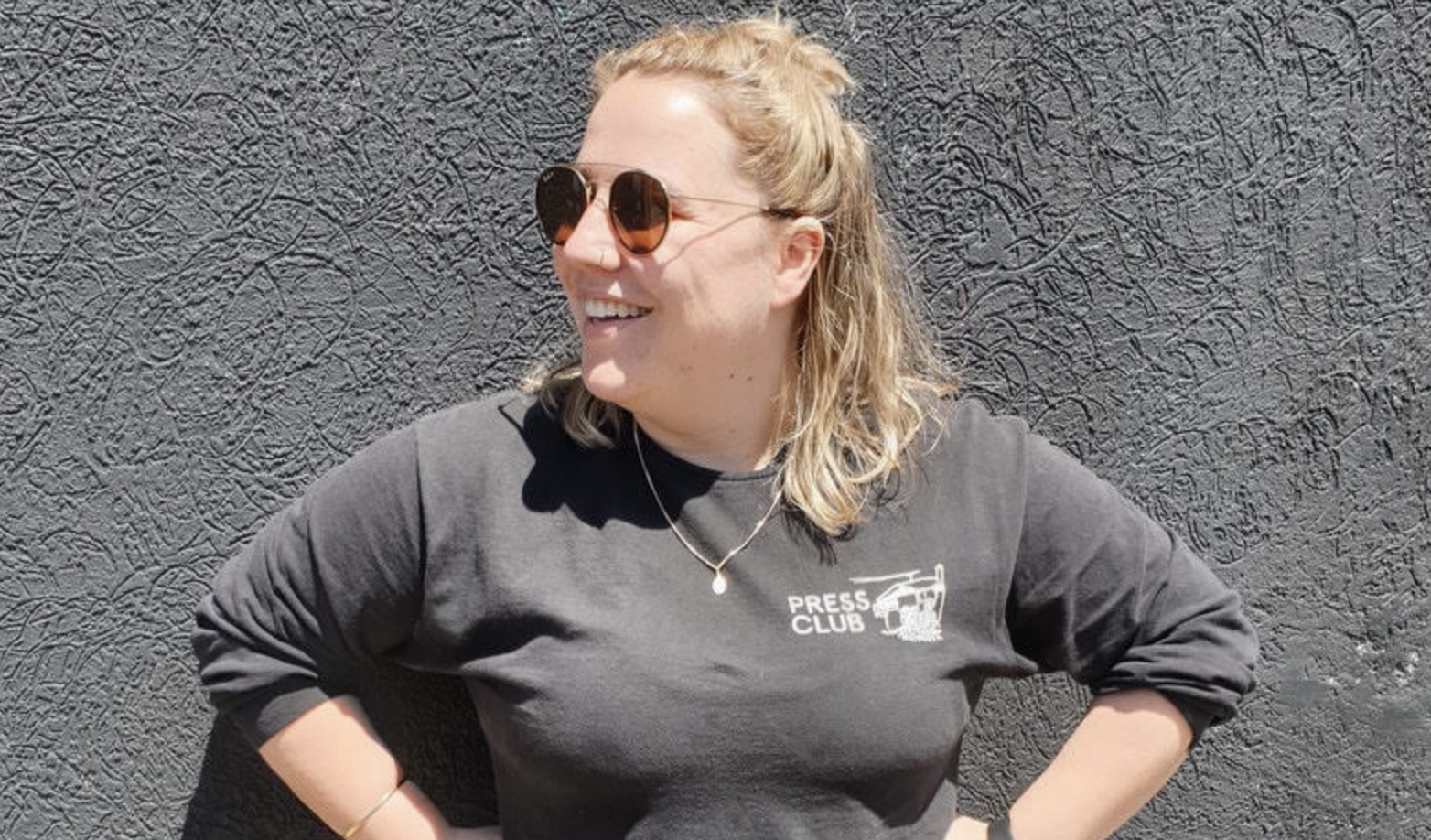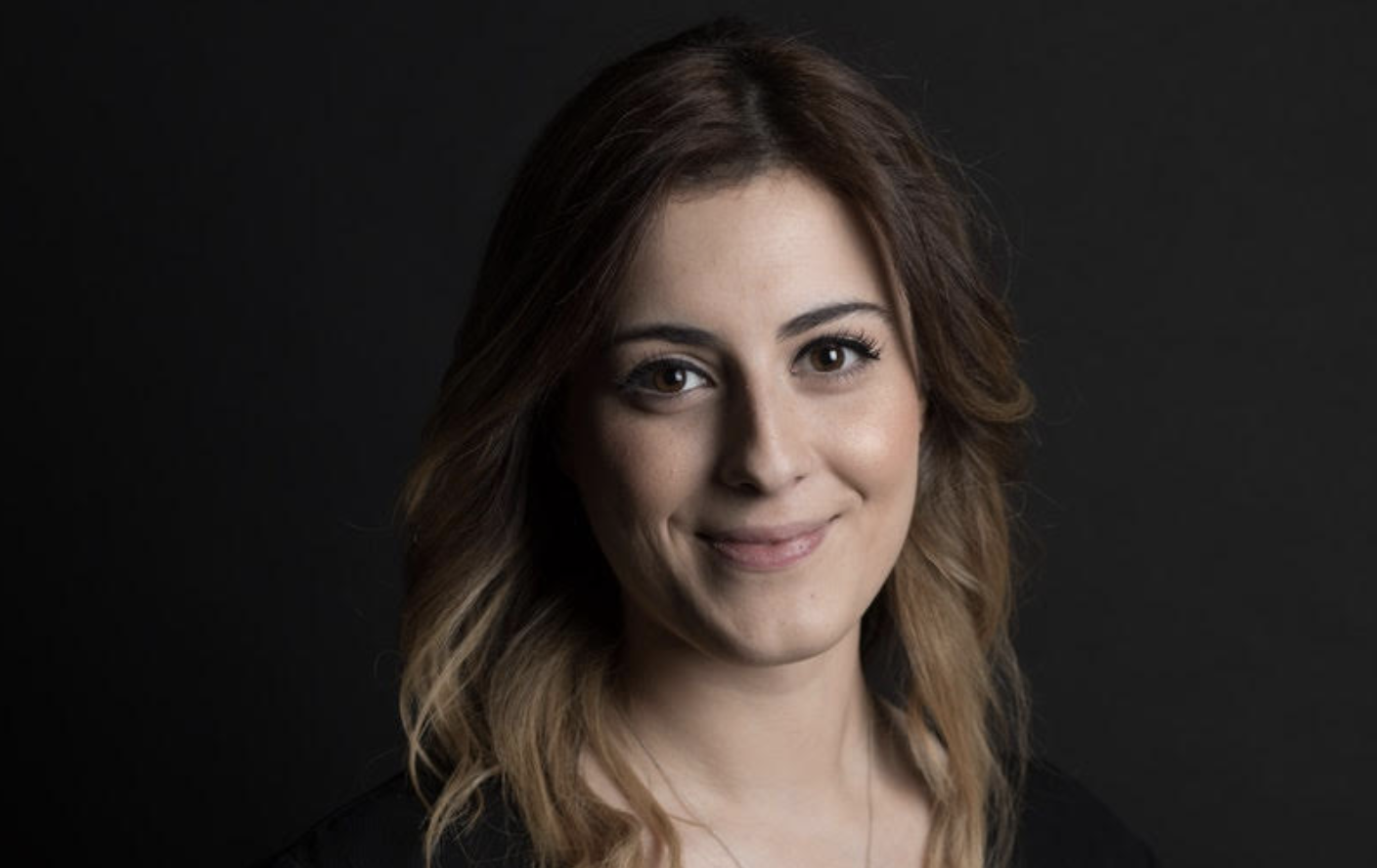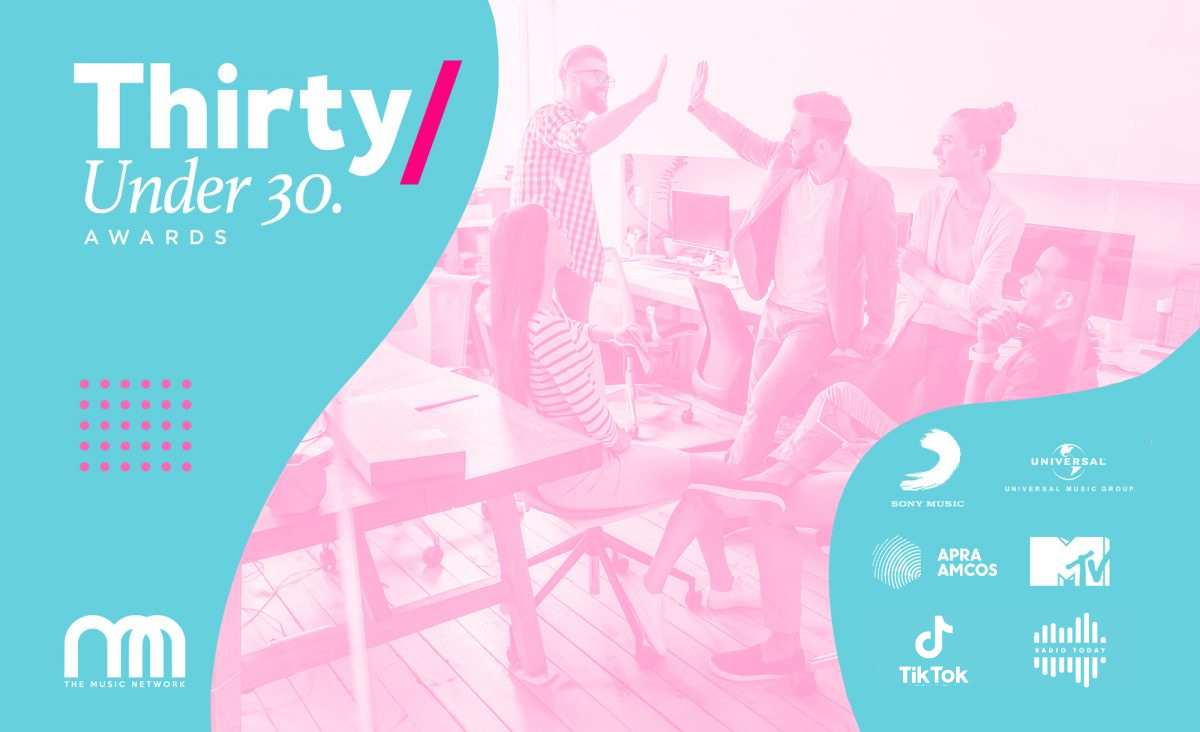TMN 30 Under 30: How these youngsters want to change the industry for the better

The music industry will be a much safer, healthier, inclusive and diverse place if Hannah Brewer, Jessica Dale and Jessica Iuliano have their way.
These three TMN 30 Under 30 winners have all already amassed massive achievements in their careers, but they have big ideas for what else they could do.
Read on to find out what they’ve done, and perhaps even more excitingly, what’s next.
Hannah Brewer, Spotify

Spotify’s music editor, Hannah Brewer, says her biggest achievement to date is establishing Girls Rock! Aotearoa, a program for female and non-binary youth which encourages confidence and creativity through music.
The role wasn’t paid, but she believes her contribution as a mentor could set these youngsters up for success and have the ripple effect of balancing out the gender disparity in the industry.
She also loves connecting New Zealand artists with audiences both locally and internationally and wants to see the industry become a safer and more diverse place.
“I want to continue to champion local artists and become an advocate for them on the world stage,” she says.
“I also hope to be successful in creating positive changes in this industry. To me this looks like questioning the status quo and doing something about it to make improvements.”
But what are the biggest challenges facing the music industry, according to Hannah?
“I think the current culture of the music industry could be one of its biggest challenges. More specifically, the abuse of power, sexual harassment and other toxic behaviours that exist in many labels, manager relationships, promotional companies and other aspects of the industry need to change.
“I’ve experienced many of these behaviours firsthand and I’ve made it part of my personal mission to break the cycle and help make improvements where I can. If we keep sweeping things under the rug, nothing will change and this would be detrimental to artists, fans and industry personnel. It’s our responsibility to call out misconduct when we see it, support victims, enable perpetrators to access help to understand and change their toxic behaviours, address and improve our own actions and support a shift in culture on a larger scale.
“This is so important to create a safer, healthier and more welcoming industry for all people, particularly women, LGBTQI+ and BIPOC people.
“When our industry is more diverse, more diverse artists will hopefully feel welcomed, supported and represented. And more diverse art means a richer, more exciting world of music for everyone who gets to experience it. A healthier industry can contribute to better mental and physical health for those involved in it, which can only have positive outcomes both personally and professionally.”
Jessica Dale, The Music/ Handshake Media

From as young as 10 years old, Jessica Dale wanted to be a music journalist.
She says she achieved the dream through a combination of hard work and determination, but also knows she was backed by some strong mentors – something she’d like to recreate for the next group of journalists coming through.
She’s already ticked a lot of professional success boxes – putting together The Power 50 list, judging The Australian Music Prize, interviewing Kesha for the only Australian press for the Rainbow album and attending an exclusive Zoom media call with Bruce Springsteen – but she know there’s more to succeeding than these achievements.
“I always do my best to use the voice, privilege and platform I have to help effect change in the industry – something I feel very fortunate to be able to do – and believe in using an ethical, aware and kind approach to leadership,” she says.
“I strongly believe [success] is about bringing up everyone around you,” she adds. “To me, this would include using my position to effect positive changes for those around me and for the industry as a whole.”
But what are the biggest challenges facing the music industry, according to Jessica?
“It would be impossible not to talk about our ongoing COVID recovery. While we’ll still be facing the financial impact for years to come it’s also clear that we’ll be seeing the impact on the mental health of both artists and industry for a long time too. The trauma of what looks to be years of ongoing cancellations, changes in lifestyle, job instability and more will be apparent for a long time.
“I believe that mental health as a whole is an issue that needs further attention industry-wide with the ‘burnout’ effect becoming more and more prevalent in all sectors.
“Everyone knows that we still have a lot of work to do when it comes to diversity and inclusivity in the industry and it’s something that is spoken about often. I think as an industry we need to be better at committing to these promises and actually walking the talk. It’s not enough for this to be a constant panel topic at industry events and then for us to not properly effect change in our roles and environments.
“I think there also needs to be more discussion around accessibility in music. Live streamed events over the past year have given greater access to people who may not normally be able to attend gigs and as a collective I think we need to think about how we can continue to make events more accessible.
“I also believe we’ll see greater discussion about the environmental impact of events over the next few years and how we need to find greater solutions to counter this impact, across production, festival settings, travel and more.”
Jessica Iuliano, Media Arts Lawyers

As an entertainment lawyer, it’s probably no surprise that Jessica Iuliano is keenly interested in the development of law and policy in the music industry.
Last year, she was invited to provide observations on the Draft Entertainment Industry Act Regulation 2020, which led to improvements on the NSW Fair Trading website to make resources more accessible to managers and artists.
She’s also passionate about ensuring young artists and professionals in the industry are equipped with adequate legal resources, whether it be in the realm of intellectual property rights in music, protecting their interests or contracts.
To Iuliano, her network is everything.
“For me, a strong network is not about knowing the most powerful players, but rather surrounding yourself with a group of diverse individuals that represent a true cross-section of the music industry,” she says.
“Artists are wonderful people from all ethnicities, ages, backgrounds and walks of life. The business side of the music industry needs to be as varied and diverse as our artists are.”
But what are the biggest challenges facing the music industry, according to Jessica?
“The biggest challenge facing the music industry right now is finding a path to restore the live sector in the wake of the COVID-19 pandemic. The road to recovery requires promoters, venues, artists, and audiences alike to regain confidence that they can continue live performance and touring activities in an ever-changing regulatory environment.
“In the past 12 months, it has been incredibly challenging to stay on top of the constantly shifting legal landscape. I’ve had to actively monitor, identify, and escalate legal issues and risks, and advise on complex consumer law matters in connection with the cancellation and reschedule of events, and novel licensing arrangements to perform live shows via streaming.
“However, seeing the music industry band together to support each other through this crisis has been an incredible silver lining. I’ve had the opportunity to act as a trusted advisor and help several music businesses see the other side of the pandemic. Specifically, I worked with the not-for-profit organisation Arts On Tour to update their cancellation and reschedule clauses. Not only did my work assist Arts On Tour in this difficult period, but it also led to the implementation of a best practice framework in the performing arts for navigating cancellations and reschedules. It has been extremely rewarding to see the framework provide confidence to performers and presenters alike to continue conducting live performance activities in this tricky time.
“Even though it has been a devastating year for our industry, I’m confident we will come out stronger than ever as we continue to work together to find certainty and and a ‘new normal’ to conducting live performances.”































